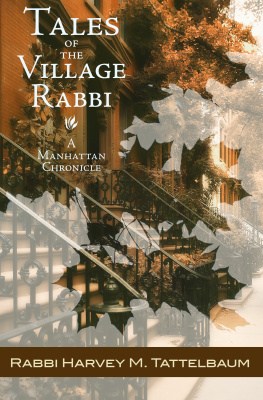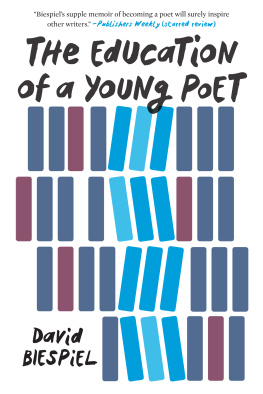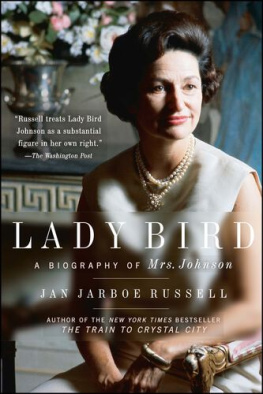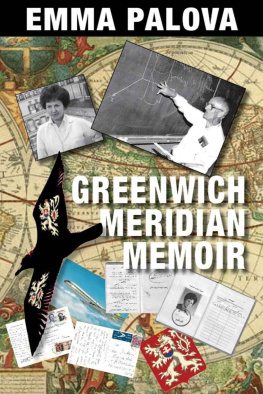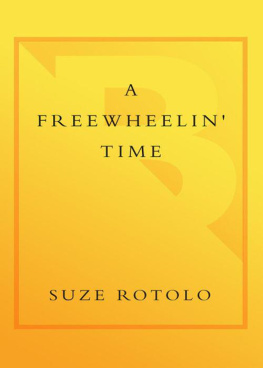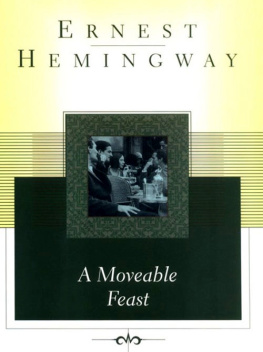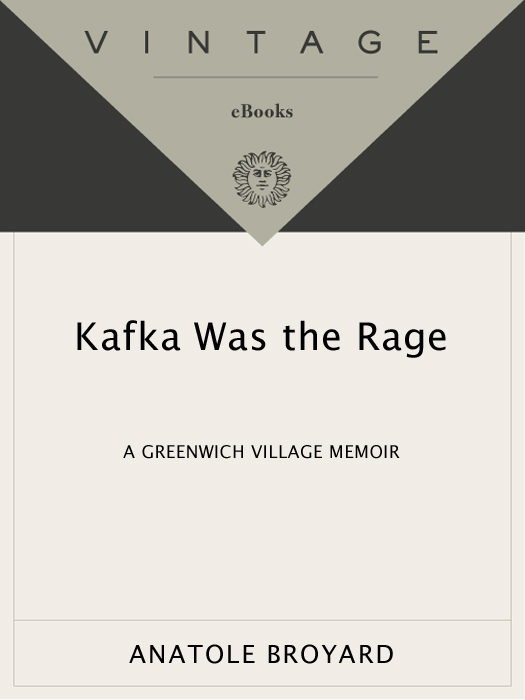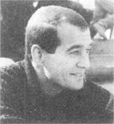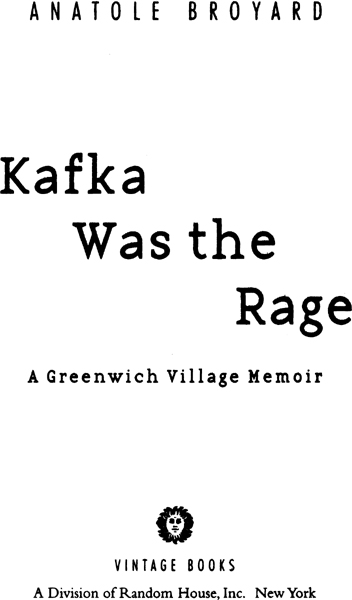Lively and amusing a wide-eyed, fond look at a band of eager adventurers making their way through the forests of thought and sex.
Some writing is so rich that commentary is superfluous, even presumptuous. Thats the case with Anatole Broyard.
Greenwich Village was Broyards Waiden Pond. And like Waiden, this book will become a classic.
Its pages are charged with feeling. [Broyard] was able to move past irony into unabashed nostalgia and makes us long for the Village he too quickly left behind.
A funny, loving, reflective, and astringent memoir. This is Anatole at his best.
[Broyard is] a gifted, often scintillating writer who seldom fails to reward the reader in delightful and surprising ways.
So well executed that this little book seems an essential part of what every New Yorker ought to know about this town.
PREFATORY REMARKS
I think theres a great nostalgia for life in New York City, especially in Greenwich Village in the period just after World War II. We were all so grateful to be thereit was like a reward for having fought the war. There was a sense of coming back to life, a terrific energy and curiosity, even a feeling of destiny arising out of the war that had just ended. The Village, like New York City itself, had an immense, beckoning sweetness. It was like Paris in the twentieswith the difference that it was our city. We werent strangers there, but familiars. The Village was charming, shabby, intimate, accessible, almost like a street fair. We lived in the bars and on the benches of Washington Square. We shared the adventure of trying to be, starting to be, writers or painters.
American life was changing and we rode those changes. The changes were social, sexual, excitingall the more so because we were young. It was as if we were sharing a common youth with the country itself. We were made anxious by all the changes, yet we were helping to define them.
The two great changes that interested me the most were the movements toward sexual freedom and toward abstraction in art and literature, even in life itself. These two movements concerned me not as social history, but as immediate issues in my daily life. I was ambivalent about both of them and my struggle with them is part of the energy of the narrative.
An innocent, a provincial from the French Quarter in New Orleans and from Brooklyn, I moved in with Sheri Donatti, who was a more radical version of Anas Nin, whose protge she was. Sheri embodied all the new trends in art, sex, and psychosis. She was to be my sentimental education. I opened a bookstore, went to the New School under the GI Bill. I began to think about becoming a writer. I thought about the relation between men and women as it was in 1947, when they were still locked in what Aldous Huxley called a hostile symbiosis. In the background, like landscape, like weather, was what we read and talked about. In the foreground were our love affairs and friendships and our immersion, like swimmers or divers, in American life and art. This book is always a narrative, a story that is intimate, personal, lived through, a young man excited and perplexed by life in New York City at one of the richest times in its history.
The tragedyand the comedyof my story was that I took American life to heart with the kind of strenuous and ardent sincerity that young men usually bring to love affairs. While some of my contemporaries made a great show of political commitment, it seems to me that their politicizing of experience abstracted them from the ordinary, from the texture of things. They saw only a Platonic idea of American life. To use one of their favorite words, they were alienated. I was not. In fact, one of my problems was that I was alienated from alienation, an insider among outsiders. The young intellectuals I knew had virtually read and criticized themselves out of any feeling of nationality.
While theres a good deal of sexual activity in the book, none of it is casualall of it is paid for in feeling and consciousness. In connection with both love and art, I always felt what Irving Howe called remorse over civilization. I think that in some ways I am a dissenter from modern life. I share the nostalgia that plays such a large part in todays fashions, for example, and in todays movies.
My story is not only a memoir, a historyits a valentine to that time and place. Its also a plea, a cry, an appeal for the survival of city life. Theres a sociology concealed in the book, just as a body is concealed in its clothes.
Anatole Broyard
Southport, Connecticut
April 1989
PART ONE
Sheri
1
M y life, or career, in Greenwich Village began when Sheri Donatti invited me to move in with her. Invited is not the right word, but I dont know how else to describe it. I had just come out of the army and I was looking for a place I could afford when I met Sheri at a party. She had two apartments, she said, and if I understood her way of talking, she was suggesting that I might come and look at one of them.
Sheri Donatti had the kind of personality that was just coming into vogue in Greenwich Village in 1946. This was a time when Kafka was the rage, as were the Abstract Expressionists and revisionism in psychoanalysis. Sheri was her own avant-garde. She had erased and redrawn herself, redesigned the way she walked, talked, moved, even the way she thought and felt.
She was a painter and she looked more like a work of art than a pretty woman. She had a high, domelike forehead, the long silky brown hair of women in portraits, wide pale blue eyes with something roiling in their surface. Her nose was aquiline, her mouth thin and disconsolate, her chin small and pointed. It was the kind of bleak or wan beauty Village people liked to call quattrocento.
Her body seemed both meager and voluptuous. Her waist was so small, it cut her in two, like a split personality, or two schools of thought. Though her legs and hips were sturdy and richly curved, her upper body was dramatically thin. When she was naked it appeared that her top half was trying to climb up out of the bottom, like a woman stepping out of a heavy garment. Her gestures and motions were a slow dance, a parody of classical poses. They were very deliberate, performed at half speed, as if she had to remember each time, to remind herself, how human beings behaved.


